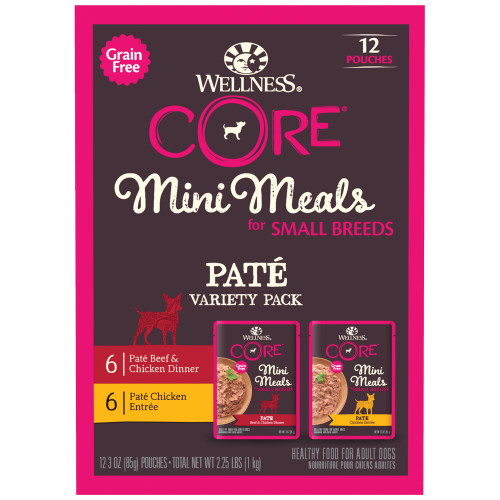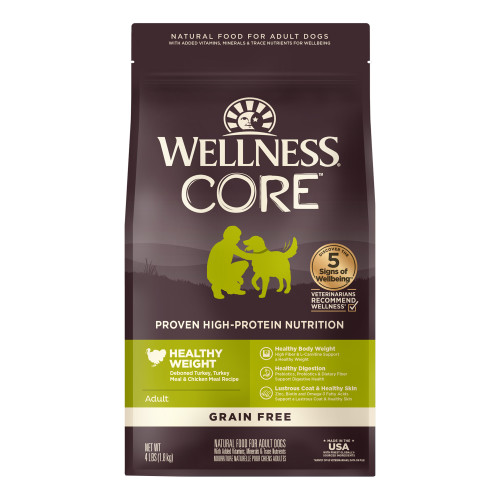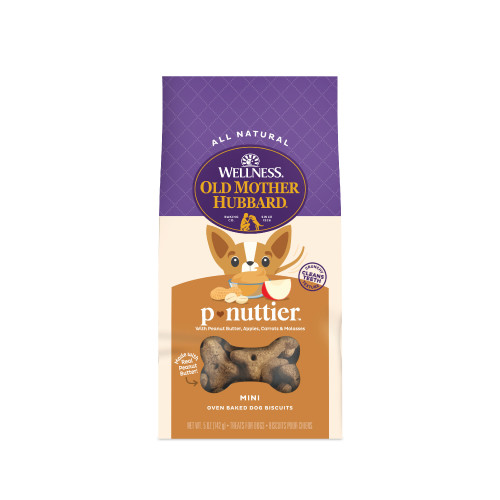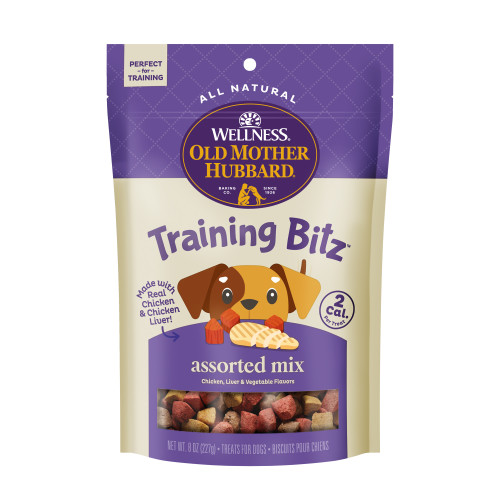February 13, 2025
The Senior Dog Owner’s Guide To Dental Health
Unbeknown to many, dogs enter their senior years by the time they’re roughly seven-years-old. As dogs age, their health deteriorates. Also unknown to many, your dog’s dental hygiene is a gateway to their overall health. To keep your senior dog healthy, it’s important to adopt a daily dental health regimen.
SIGNS YOUR DOG’S TEETH ARE HEALTHY
The best way to know if your dog’s teeth are healthy is to get your dog regularly checked out by the veterinarian. They will check your dog’s teeth for plaque buildup and their gums for signs of disease. They will check for broken or missing teeth as well. You can also spot signs that your dog’s teeth are healthy. Indicators of a healthy mouth include:
- Pink gums; no whiteness or excessive redness and no bleeding
- Clean white teeth without hard, scaly discolorations toward the gum line
- Fresh-smelling breath; dogs with healthy teeth don’t have bad breath (bad dog breath is not normal regardless of your dog’s age)
Dog dental hygiene starts when your dog is young (ideally), but even if you’re not implementing a regular dental health plan, you can certainly start one.
HOW TO CARE FOR YOUR SENIOR DOG’S TEETH
As dog’s age, things naturally wear down and will need maintenance. Lower stores of calcium, phosphorus, and B-complex vitamins can also impact the integrity of your dog’s teeth. Meanwhile, zinc and antioxidant deficiencies contribute to gum disease. Thus, there are a few important ways to maintain your senior dog’s dental health.
- Brush your dog’s teeth. Even your senior dog can get used to a daily tooth brushing routine.
- Find a doggy toothpaste that your dog likes.
- Allow your dog to taste it.
- Once your dog indicates the taste is satisfactory, practice “brushing” your dog’s teeth and gums with the toothpaste with your finger. This will take place over the course of several days.
- Once your dog is comfortable with you simulating brushing, try a real dog toothbrush. Make sure it’s a dog toothbrush.
- Start with the front of your dog’s teeth and gums first. Be patient. It may take more days for your dog to feel comfortable letting you brush their other teeth toward the back of their mouths.
- Once your dog lets you brush comfortably, focus on the area nearest the gumline as that’s where plaque and tartar build and is where problems start.
- Perform a daily routine with your dog. Try to brush longer and longer each session.
- Supplement your dog’s dental health care routine with a daily dental chew. There are plenty of natural options out there that don’t add needless calories to your dog’s diet but that do a great job supporting clean and healthy teeth and gums.
- Feed your dog nutrient-rich food that is rich in zinc, calcium, phosphorus, B-complex vitamins, and antioxidants. Senior dog food formulas will usually have these dietary components integrated into them. They will also come in different formulas; if your dog has already advanced to brittle teeth, a wet food may be more palatable than a dry one.
- Lastly, you can take your dog to the vet for teeth cleaning under anesthesia.
This last point can sometimes intimidate pet owners, which is why it’s important to discuss how veterinary care supports your senior dog’s dental health care.
CAN SENIOR DOGS UNDERGO ANESTHESIA FOR DENTAL CARE?
As senior dogs become increasingly feeble, the idea of putting them under anesthesia for anything…especially a dental cleaning or extraction can be unnerving and with good reason. Older dogs undergoing anesthesia do face increased risks with procedures where they have to be put under.
Of course, your vet can help you do a risk assessment to determine if your dog would be at higher risk without a dental procedure. To judge if your dog is healthy enough for anesthesia, your vet will do blood work and other tests to determine edibility. Ideally, your dog will not need to have anesthesia for a dental cleaning or procedure.
This is why lifelong dog dental health and especially senior dog dental health should be a priority. You may or may not know that dog dental hygiene problems are a gateway to major health issues in dogs including heart problems and life-threatening diseases along with major discomfort. Dogs with severe gum disease and other health issues struggle to eat and to enjoy daily life.
Thus, you can care for your senior dog’s dental health by adopting a regular tooth brushing routine and by supplementing your senior dog’s dental care with a daily dental chew. When it comes to dental health in older dogs, a little really does go a long way.
Your dog’s teeth are an important part of their overall health. While it can be hard to prioritize brushing your senior dog’s teeth every day, it’s easy to give them a yummy, natural daily dental chew like the ones we make at Wellness WHIMZEES. Supplement your senior dog’s brushing routine with dental chews to keep your dog happy and healthy all through their golden years.






